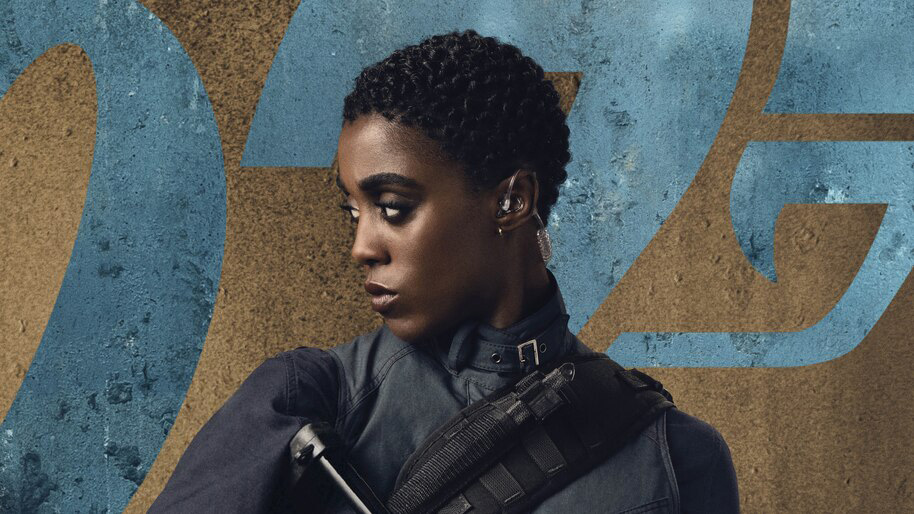James Bond hurtles through the sky in a silver glider, slicing the clouds like a knife. But piloting the glider is Nomi, the first Black woman granted “00” status by the decades-old film franchise. Bond rides in back.

“Women of color, Black and Asian women in particular, have rarely been treated with dignity or nuance in the Bond series,” writes Colin Burnett, associate professor of film and media studies in Arts & Sciences at Washington University in St. Louis, in a new piece for the Los Angeles Review of Books.
Whether that changes with the Oct. 8 release of “No Time to Die,” the 25th Bond installment from Eon Productions, remains to be seen. But the films’ poor collective record on race and gender, Burnett continues, “betrays the importance of a slow shift, unnoticed by many, in Bond storytelling — storytelling beyond the movies, that is. Writers in other official Bond media, especially comics and novels, have been tipping the gender and racial imbalance for some time.”
For example, Burnett — who is currently working on a book titled “Serial Bonds: The Multimedia Life of 007” — points out that the first female 00 agent, Briony Thorne, appeared in 1971 in the Bond newspaper comic strip, written and drawn by Jim Lawrence and Yaroslav Horak, respectively. The same pair also debuted Suzie Kew, an MI6 agent who teamed with Bond in 1973-74. The character of Miss Moneypenny has evolved from secretary to skilled operative, thanks in large part to a trio of novels, “The Moneypenny Diaries” (2005-08) by Samantha Weinberg; and the comic “Moneypenny” (2017) by Jody Houser and Jacob Edgar.
Meanwhile, in 2019, sharp-eyed Twitter users, scouring production photos from “Thunderball” (1965) noticed an unnamed woman at a meeting of Bond’s 00 peers. “What’s her story?” Burnett wonders. “Like fans online,” who’ve affectionately nicknamed her 003, “we can only speculate.”
If Nomi, as portrayed by “Captain Marvel” star Lashana Lynch, raises hopes for “a bold and joyful Blackness” finally entering the Bond franchise, Burnett argues, the character’s true legacy will depend on subsequent deployments.
“A defiant Black female ‘00’ who challenges Bond’s sexism superficially, in but one film, would simply reinforce the series’s system of colonialist appeals,” Burnett writes. “The crucial question, then, is this: Is Lashana Lynch slated to become the lead in her own series?”
Read full story at the Los Angeles Review of Books.




Comments and respectful dialogue are encouraged, but content will be moderated. Please, no personal attacks, obscenity or profanity, selling of commercial products, or endorsements of political candidates or positions. We reserve the right to remove any inappropriate comments. We also cannot address individual medical concerns or provide medical advice in this forum.